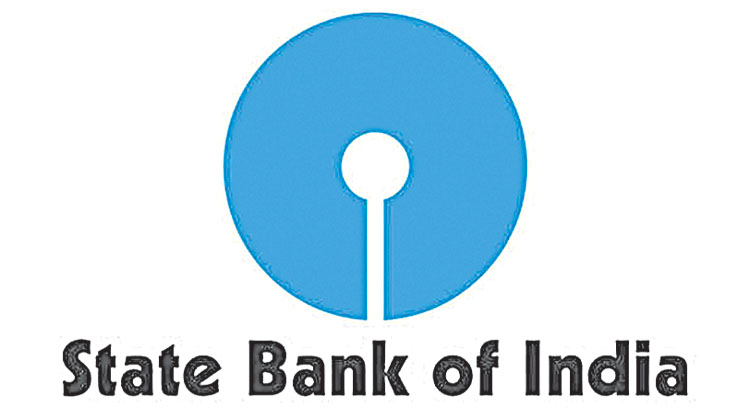Kolkata, Dec 21 (FN Bureau) State Bank of India’s Economic Research Department has proposed five feasible suggestions to resolve the standoff over farm bills. The report has been authored by Dr. Soumya Kanti Ghosh, Group Chief Economic Adviser, State Bank of India. In the recent kharif procurement regime, till 11 Dec the percentage of procurement from Punjab is a staggering 55%, even though Punjab ranks 3rd in paddy production.
The procurement of cereals continues to be asymmetric, with top producing states in paddy like West Bengal (First) and Uttar Pradesh (Second) witnessing nil and 8% procurement respectively in the current procurement season. Andhra Pradesh, that ranks 3rd in production, has seen procurement of only 1%. Punjab and Haryana have seen procurement of around 70%. It is thus surprising that states like West Bengal and even Delhi are protesting against the new farm bill (for the record, Delhi does not even produce paddy!) and we believe it more political than economics! If for example, we consider buying of cereals at MSP a mandated one for buyers, in essence making procurement a public good, this will drive down the prices at which it is bought to zero. Specifically both buyers (in the simplest of cases) cooperating cannot be a Nash equilibrium in economics terminology as both the buyers will have an incentive to defect and get a much better payoff as the market has many small farmers / sellers who are willing to sell their produce but unable to do because of lack of market outside APMC. “Since the situation is same for everyone, both the buyers will thus decide to defect and receive a nil payoff as they will not buy.
The bottom line is, however, it is an outcome that the Government will never want. On a lighter note, this reminds us what happened to King Akbar once.” “One day, Emperor Akbar told Birbal that he was planning to take a bath in milk and that all his ministers should cooperate and get milk to fill the bathtub. However, each minister decided that since milk was costly, he would get the water, while the others get milk. The end result was that all the ministers brought water! We hope economists / policy makers who are supporting a MSP price guarantee understands simple basic economics!” Instead, we propose a five point strategy to solve the current impasse…. First, instead of MSP as a price guarantee that farmers are demanding, the Government could insert a quantity guarantee clause for a minimum period of 5 years that procurement to production percentage of crops (being currently procured) should at least be equal to last year percentage (with safeguards in exceptional events like droughts, floods etc). Historical trend in case of procurement indicates that only 25-35% of total wheat produce has been procured over the years (with largest procurement happening through Punjab and Haryana).
In case of rice, the procurement share is in the range of 30-40% with significant procurement from Telangana, Punjab, Haryana and Kerala. This will allay the concerns of the farmers to a great extent. Second, convert the Minimum Support Price to Floor Price of Auction on National Agriculture Market (eNAM).
However, this will not completely solve the problem as the current data shows that average modal prices in e-NAM mandis is lower than the MSP in all commodities (except Urad) Third, efforts must also continue to strengthen APMC market infrastructure. Based on a Government report, as per our estimates the monetary loss for cereals is almost Rs 27,000 crore due to harvest and post-harvest losses.

